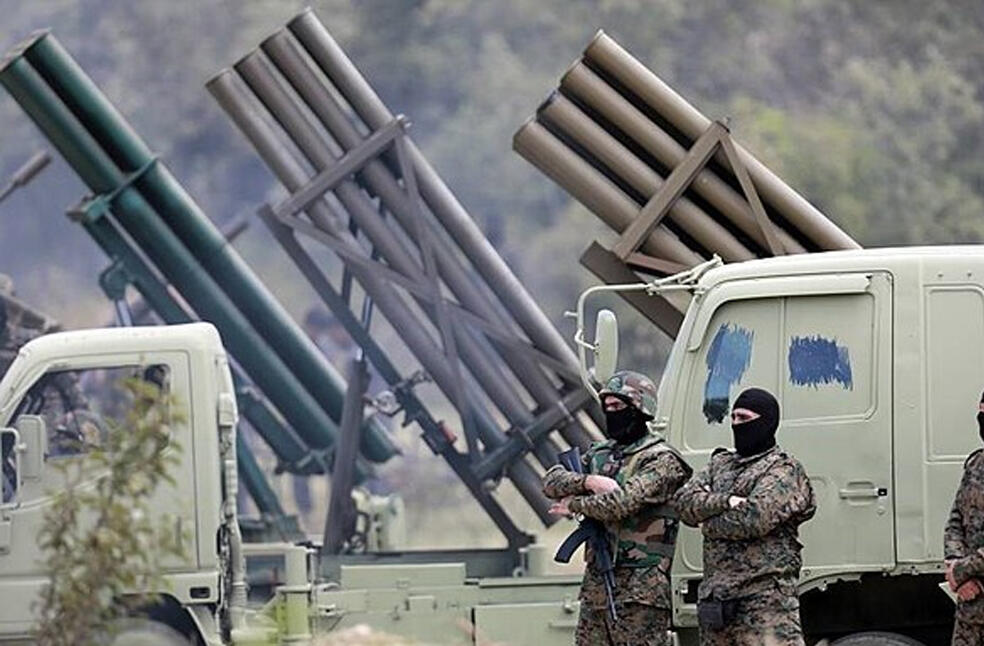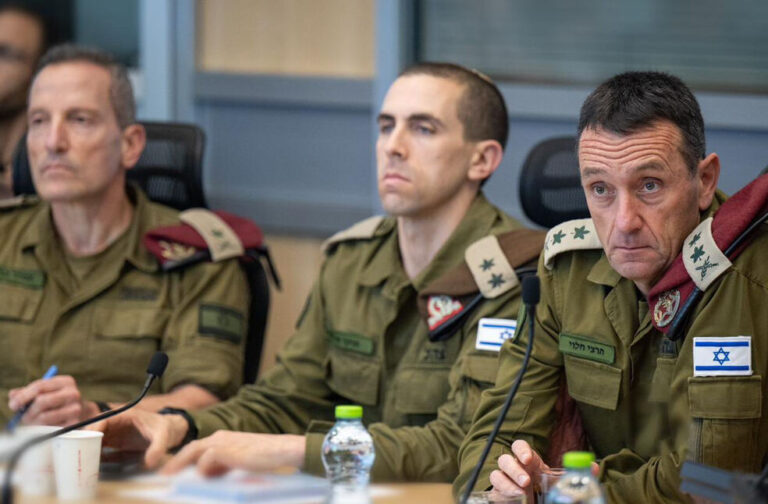Jerusalem: Israel has reportedly launched a series of targeted airstrikes in southern Lebanon. The IAF struck approximately 30 Hezbollah launchers and terrorist infrastructure sites, containing approximately 150 launcher barrels that were ready to fire projectiles toward Israeli territory amid rising war tensions.
The Israel Defence Forces (IDF) stated that the targeted rocket launchers were prepared for imminent attacks on Israel. However, it remains unclear whether the strikes resulted in any casualties.
The violence has intensified in recent weeks, following the outbreak of fighting between Israel and Hamas in Gaza. Hezbollah has stated that its actions are in support of Hamas, a Palestinian armed group. Both groups receive backing from Iran and are designated as terrorist organizations by Israel, UK, and other countries.
Hezbollah leader Hassan Nasrallah said that deadly explosions earlier in the week “crossed all red lines”, accusing Israel of declaring a war.

Israel has not said it was behind the attacks, which saw pagers and walkie-talkies explode simultaneously across the country which Lebanese authorities said killed 37 people and wounded 3,000.
IDF wrote on X that, “IDF is currently striking Hezbollah targets in Lebanon to degrade Hezbollah’s terrorist capabilities and infrastructure. For decades, Hezbollah has weaponized civilian homes, dug tunnels beneath them and used civilians as human shields, having turned southern Lebanon into a war zone. The IDF is operating to bring security to northern Israel in order to enable the return of residents to their homes and achieve war goals.”
The Chief of the General Staff, LTG Herzi Halevi, recently completed approval of plans for the northern arena. The IDF also urged residents in northern Israel close to the Lebanese border to avoid large gatherings, guard their neighbourhoods and stay close to bomb shelters.
The United Nations Interim Force in Lebanon (UNIFIL) has urged both sides to exercise restraint and avoid further escalation, calling for a ceasefire to prevent broader regional instability.



